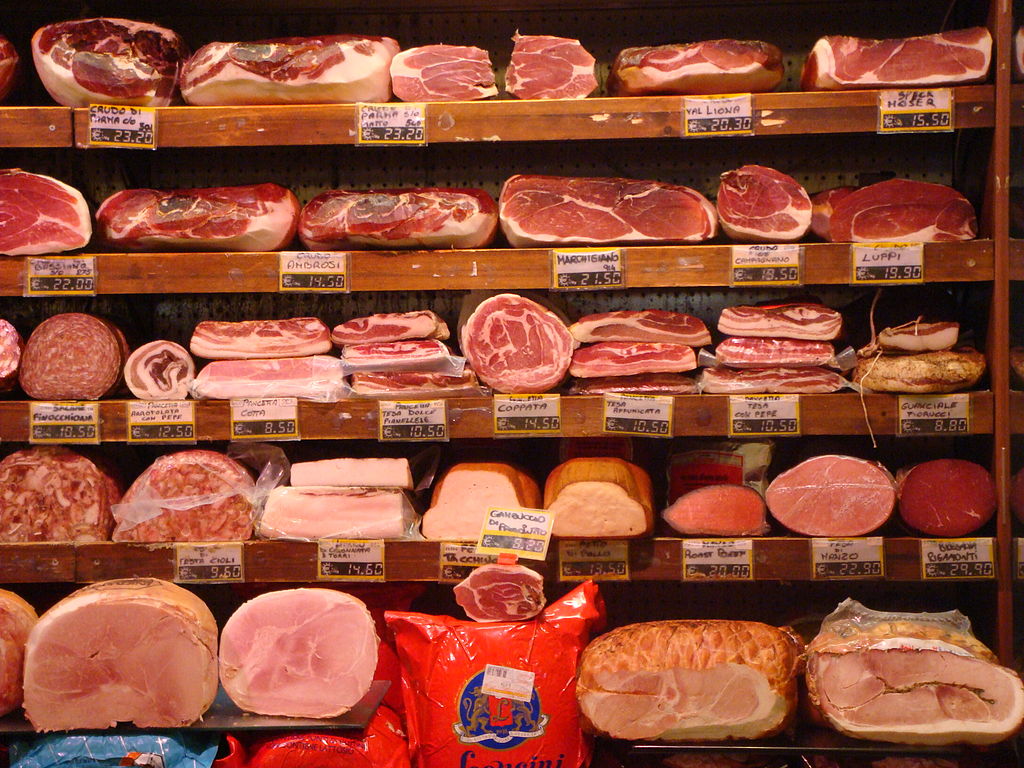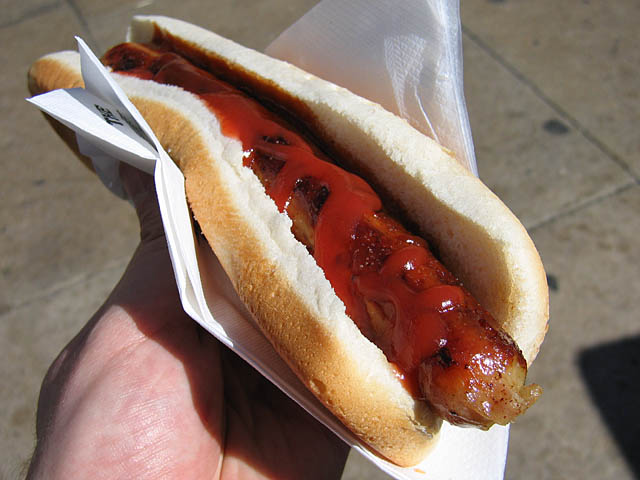Eat processed meat – but not every day

Don’t empty your fridge of bacon and other cured meats just yet. You need to be alert, not alarmed
Published 28 October 2015
Lovers of salami and bacon needn’t be too concerned about the World Health Organization’s decision to list processed meat as a carcinogen – as long as they enjoy it as a ‘sometimes’ food.
There is evidence that processed meat increases the risk of bowel cancer, but its effect is relatively weak. Comparatively, smokers have a much greater risk of cancer.
Of course it’s always wise to aim for a balanced diet and not eat processed meat every day, but Australians shouldn’t be frightened into giving it up completely.
We must look at the information on balance. The World Health Organization has officially declared processed meat is a carcinogen and that red meat is probably carcinogenic. This is the result of an exhaustive review of the evidence collected over many years.
But it’s worth noting that this classification is based on evidence that something causes cancer, but not upon the extent to which it increases the risk of cancer.
While there is abundant evidence that processed meat increases the risk of bowel cancer, its effect is weak.
Australians have about a 1 in 12 lifetime risk of developing bowel cancer. A person who eats 50 grams (a thin slice of ham is around 25 to 30 grams and a sausage around 70 grams) of processed meat every day has a risk of bowel cancer of about one in 11. In contrast, for men, smoking cigarettes increases the risk of lung cancer by about 20 times.
Although processed meat is only a weak risk factor for bowel cancer, because we consume so much, it’s responsible for a relatively large number of cases in Australia.

For example, in a study that my colleagues and I published about 10 years ago, we found that a quarter of participants ate processed meat four or more times a week and a few ate it rarely.
Dr Christina Nagle and her colleagues from the QIMR Berghofer Medical Research Institute recently estimated that nearly one in five (18 per cent) cases of bowel cancer in Australia could be attributed to the combined consumption of processed meat and red meat.
But do we really need to put processed meat in the same category as cigarettes?
Well, yes.
The WHO International Agency for Research on Cancer (IARC) classifies something as carcinogenic if there is sufficient evidence in humans that it causes cancer. There can be convincing evidence, even if the effect is weak.
Processed meat received this classification because there was convincing evidence that its consumption causes bowel cancer. Our 2004 study found people who ate processed meat had a slightly elevated risk of colorectal cancer.
The Australian Dietary Guidelines already recommend eating processed meat only “sometimes” because the saturated fat and salt content of some processed meats increases the risk of cardiovascular disease.
The IARC was cautious in stating that the effect was small but, in some countries where people eat a lot of processed meat, there is genuine public health concern.
Australia is one of those countries.
People who eat a lot of processed meat could reduce their risk by eating less of it and, in so doing, also lower their risk of cardiovascular disease.
So when making the kids’ school lunches, try to think of alternatives to ham sandwiches.
They might even taste better.
Banner image: Grocery store in Rome, via Wikimedia Commons
